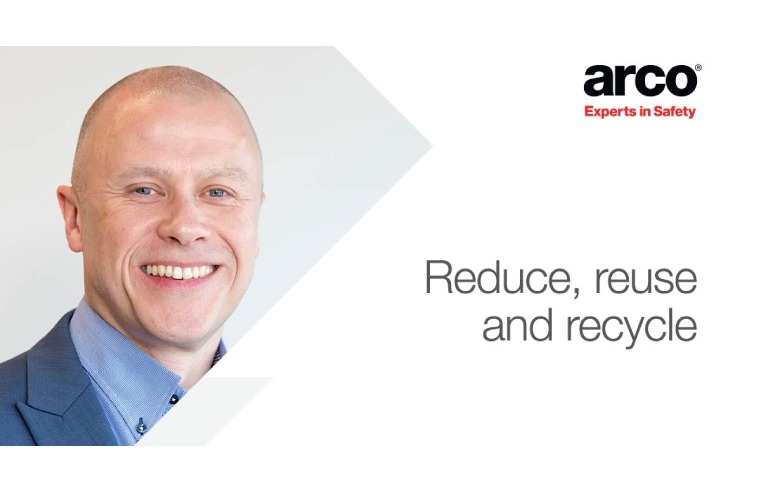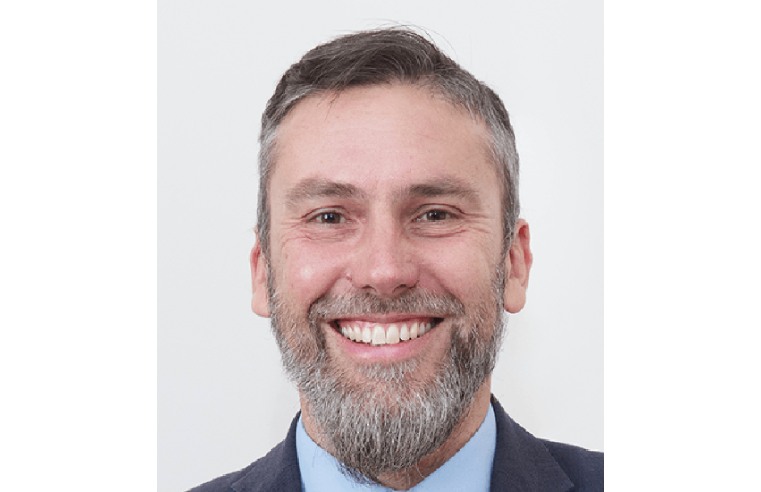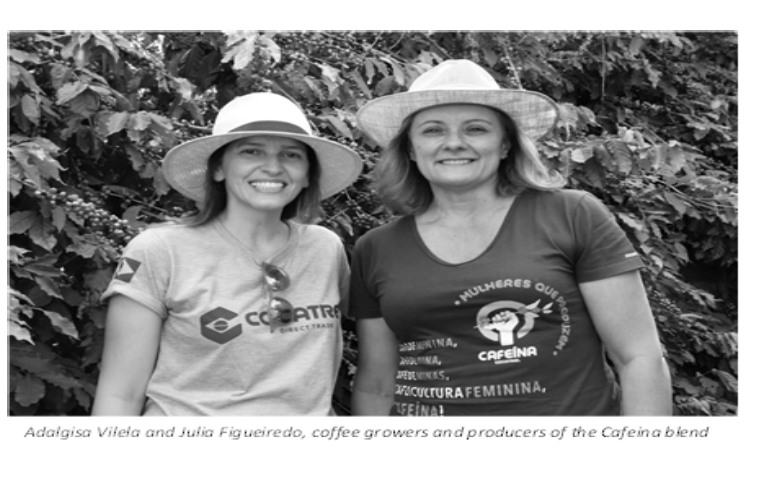Earth Day is an annual event to educate and activate the environmental movement worldwide. Here’s how the first PPE manufacturer and distributor to sign the sustainable clothing action plan is supporting a circular economy.
Three hundred and fifty thousand tons of used but still wearable clothing goes to landfill in the UK each year. Clothing waste, worth around £140m, is a hallmark of the UK’s excessive and expensive ‘throw-away’ culture. As the world’s first PPE manufacturer and distributor to become a signatory for the Sustainable Clothing Action Plan (SCAP), Arco is focussing on ways it can adapt its clothing and own label product range to support a circular economy.
Since joining SCAP in 2017, Arco has absorbed the wisdom of sustainable manufacturing leaders to identify areas it can improve its supply chain. The safety expert has set targets to develop and sustain a ‘fibre-to-fibre’ model, meaning fabrics are recycled and then incorporated into new pieces of clothing. Arco is committed to transforming the ways it buys, uses and reuses textiles and apparel. Danny Hobson, Arco’s Head of Ethics and Sustainability, is spearheading the safety expert’s research and strategy so that it can cut carbon, water and waste across its product ranges.
Danny Hobson has been leading new trials in Arco’s Hull and Manchester stores in collaboration with third-party recycling companies, enabling customers who purchased items from the two stores to drop off their worn PPE and workwear. The used products are then collected, assessed, and dissembled for recycling rather than thrown into the UK's mounting landfill. For example, fabrics are ground down to form new items such as housing insulation, turning valuable fibres into new products and minimising the effects on our environment.By concentrating on a ‘reduce, reuse and recycle’ model, Arco’s mission is to make its clothing manufacturing as regenerative as possible. However, Danny Hobson’s commitment goes beyond Arco’s own sustainability vision, as he supports UK-wide business and industry initiatives and projects to drive change on a larger scale. Danny represents Arco in various working groups within Textiles 2030, a new ground-breaking, expert-led initiative from Waste and Resources Action Programme (WRAP).
The initiative harnesses the knowledge and expertise of UK leaders in sustainability to accelerate the fashion and textiles industry’s move towards circularity and system change in the UK. With an official launch in April 2021, the new voluntary agreement builds on the learning and success of SCAP, of which Arco is a signatory, and aims to engage the majority of UK fashion and textiles organisations in collaborative climate action.
Arco’s Head of Ethics and Sustainability is also helping to develop the Business in the Community’s (BITC) Circular Economy campaign, which seeks to tackle the climate emergency by making the Circular Economy a mainstream business priority. By moving towards a model that focuses on retaining value from materials for as long as possible and eliminating waste, responsible businesses can minimise their environmental impact, as well as saving costs. Arco has joined the Circular Workwear panel to discuss ways to ‘close the loop’ on the clothing manufacturing process and ensure positive supply chain collaboration is agreed upon and adopted.
Danny Hobson, Head of Ethics and Sustainability at Arco said: “We’re committed to making a meaningful difference by investing in doing the right thing, learning from early adopters and exploring all the ways we can make a positive impact. Our involvement with WRAP and BITC is a fantastic opportunity to bring our supply chain and procurement expertise to the table and help form the approach the nation takes with tackling the ‘waste and replace’ problem that, ultimately, we must all address.”
Stephen Wood, Business Development Manager at BITC, said: ‘It’s fantastic to see that a large company such as Arco is embracing the adoption of principles of circularity, and assessing its product ranges and supply chain for areas where it can make improvements. The panel brings many different companies together because our diversity is united by a common goal; tackling the climate crisis.”



































